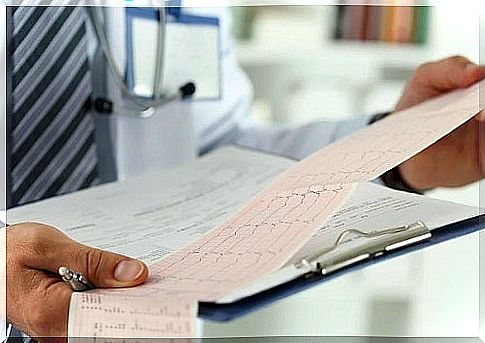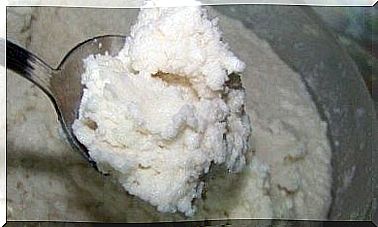The Effects Of Alcohol On The Heart

Currently, there is some confusion regarding the effects of alcohol on the heart. Some information suggests that the intake of wine or beer, in moderate amounts, contributes to cardiovascular health. But there are also studies that treat the harmful effects of these drinks on the heart.
In fact, both arguments are correct. The effects of alcohol on the heart are varied and depend on the individual health of each person, the amount and frequency of ingestion, and the type of alcohol consumed.
In any case, one thing is certain: the effects of alcohol on the heart and other organs are very serious and even devastating when consumed in large volumes. Also, the alcohol is a psychoactive substance that can cause dependence. In addition, it can significantly damage the quality of life.
Myths and truths about the effects of alcohol on the heart

There is evidence that the effects of alcohol on the heart can be positive. For example, wine has a high content of antioxidants (flavonoids, tannins, anthocyanins and resveratrol). These substances can help prevent plaque formation in the arteries (atherosclerosis). Moreover, they increase the production of “good cholesterol”.
It has been said that a glass of wine a day could induce these positive effects. However, a study published in the Journal of the American College of Cardiology found that while these positive effects are real, alcohol consumption, even in moderation, increases the risk of irregular heartbeat.
Another study by Professor Peter Kistler, an associate at the Baker Heart and Diabetes Institute and Alfred Hospital in Melbourne, Australia, says the same. It indicates that although moderate alcohol consumption can help keep the body’s ‘pipes’ unclogged, it can affect the electrical parts of the heart, especially the rhythm of the heartbeat.
Alcohol consumption in moderation and excessive alcohol consumption
There is a lot of talk about the importance of moderate alcohol consumption. However, it is not clear what is moderate and what is excessive. The first thing to consider is the individual health of each person. For example, a diabetic or hypertensive person should avoid alcohol, even in moderate amounts.
Frequency of consumption is also important. It is much more harmful to drink alcohol in large quantities, even if this only happens in rare cases. Drinking more than five glasses of alcohol, for men, or four, for women, increases the risk of stroke and sudden death.
The guidelines of the US Department of Health emphasize that moderate alcohol consumption means a maximum of one drink per day for women and two for men. However, many experts say that it is better not to drink daily and avoid alcohol at least two or three days a week.
When we say “a glass”, it means 120 ml of wine, 500 ml of beer, 40 ml of drinks with an alcohol concentration of over 40% or 30 ml for a concentration of 50%.
Effects of alcohol on the heart: atrial fibrillation

One of the risks associated with alcohol consumption, even in moderate amounts, is a disturbance of the heart rhythm of the heart, as we have already mentioned. Alcohol can damage cells and cause fibrous tissue to form in the heart, changing its heart rate.
Moreover, alcohol can change the way heart cells contract and, over time, can cause, again, irregular heartbeats. In the same way, alcohol also affects the autonomic nervous system, which controls, among other things, heart rate.
This condition, called atrial fibrillation, increases the risk of serious problems, such as heart failure or stroke. Atrial fibrillation can occur in people who drink alcohol in moderate amounts, but often. In the case of those who consume excessive amounts, 60% of them may suffer from atrial fibrillation.
Other effects
In some people, excessive alcohol consumption can weaken the heart muscle and cause a disease called dilated cardiomyopathy. If this happens, the heart dilates and the pumping force decreases, which causes symptoms of heart failure.
Alcohol also contributes to obesity and this increases the risk of heart problems. Also, frequent and excessive alcohol consumption doubles the chances of suffering from hypertension. The combination of alcohol and psychoactive drugs can be deadly.









